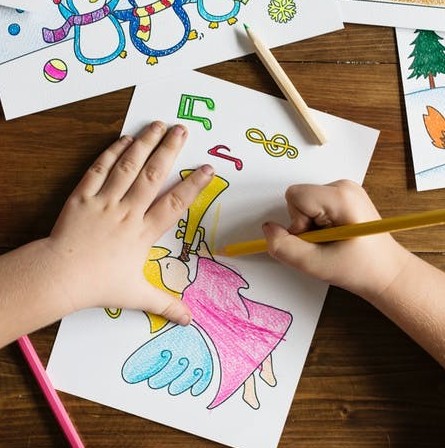
Home Tutoring Your Child
I am writing this to be useful to you whether your child is completely home-schooled or whether you are just looking for some extra support or ideas for your child.
Most parents are quite capable of giving their children the extra support that is useful for them particularly if they get some guidelines.
If you are very busy or your child is older and needing specialised help then you might want to consider a tutor, but you don’t need to go straight there as an option.
There is a lot of information and resources on the internet. Some are free, others you may want to pay for or make your own version.
Let me start with just a few very simple things you can do to make home tutoring your child easy to start implementing. In later posts I will deal with these in more depth but this is just an overview to get started.
Love your child
That’s a strange one to start with. Of course you love your child.
Sometimes when we want the best for our children there is an inclination to push them. Try to step back and see things from their point of view. Do they feel loved and secure? You might want to set time aside to just spend time enjoying being with each other.
They will do better academically if they are not over-stressed and are secure.
Read for ten minutes a day with your child.
This is simple and pleasurable and makes a huge difference to the progress children make.
I deliberately said “read with”, not “read to” or “hear your child read”. Do different things on different days. Support your child.
This should be a time that they look forward to spending time with you. How you spend this time will vary depending on their age and ability. Reading is not just about decoding words.
Talk about the story, the characters, what happens, what they like or don’t like, and the pictures. See if they have questions, whether about the words, the story or about anything else the story makes them think about.
Look for opportunities in everyday life to practise skills
You can do this with all ages and abilities, whether it is sending a postcard to a relative, counting out the right number of placemats for the next meal or estimating how much the shopping will be, checking the temperature, seeing how much it rose or fell, or giving reasons why they would or wouldn’t want to visit somewhere.
Children love to receive things in the post, don’t we all? Is there a relative or friend who might send and receive items? This might happen naturally, but if not it could be set up and be fun for both parties.
Growth Mindset
There is a huge amount of evidence that it is important for children to have a growth mindset. They should understand that there are things they can’t do that because they are new but once they have worked on them then it all gets much easier.
The same applies to you of course. You will grow in your ability to tutor your child in new and positive ways as you reflect on how you and they are progressing.
So relax and enjoy the process!